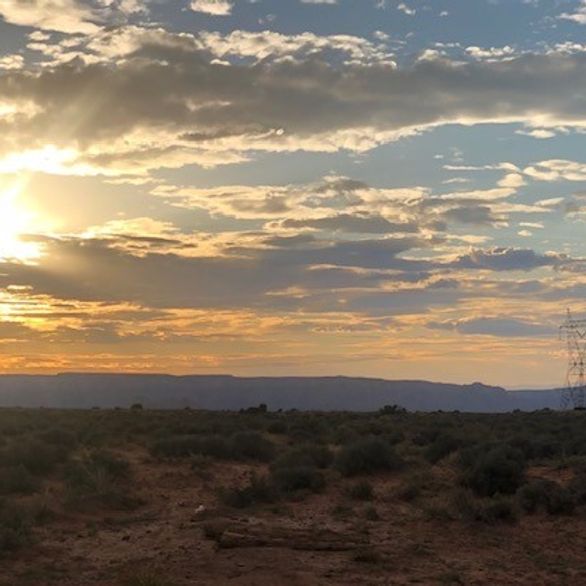Warrior Woman

She was a young Indigenous woman serving in the United States Marine Corps. For the first time, she was away from her family, land and people. Feeling down one day, she decided to hang out with a few male peers outside of work. When one of them offered her a drink, she accepted without hesitation. After all, these were people she was supposed to trust with her life. Right? She couldn’t recall much after that except for flashbacks of an event that she did not and could not consent to. Fear of retaliation prevented her from reporting the incident to her command, it was hard enough just being a woman in the Marine Corps. Shame and the fear of judgement prevented her from confiding in her family and close friends.
Sexual violence against Indigenous women is all too prevalent within the Indigenous community. In general, Indigenous women experience higher rates of sexual violence that is most often perpetuated by men who are not Indigenous. When Indigenous women join the military, their chances of being sexually violated increases dramatically. This in part is due to the majority of the military being predominantly comprised of non-Indigenous men. Women in general make up approximately 16 percent of the military but Indigenous women represent just 2 percent. These statistics, paralleled with patriarchal ideas and systems upheld in the military, make Indigenous women even more vulnerable to sexual violence.
She tried to suppress the experience through distraction and denial. She later found herself in a position that forced her to acknowledge what she always knew—she was drugged, raped and ultimately betrayed by people she deeply trusted. For the first time, she allowed herself to feel the pain she had buried deep inside. This was the beginning of a long journey to learning to let go of the shame, guilt and fear she held on to for so long. She returned to her reservation to find healing on the land and within her culture. The experience reminded her that she came from a long line of strong Indigenous matriarchs who remained resilient through assimilation, genocide and colonization. This gave her the power to continue the healing journey and move on with her life as an unapologetic survivor of military sexual trauma. She would later learn that there were other Indigenous women in the Marine Corps with similar experiences. It meant she wasn’t alone. The purpose of this story is to validate and raise awareness about the sexual violence Indigenous women in the military face. The piece below by Professor Andrea Landry perfectly highlights the deep connection Indigenous people have with the land and its importance to their healing journeys.
The land will always heal.
Have depression?: Spend some time on the Land.
Struggling with anxiety?: Spend some time on the Land.
Feeling rage and have no where to put it?; Spend some time on the Land.
Want to reconnect?: Spend some time on the Land.
Missing kinship and family?: Spend some time on the land.
Want to cry but can’t let it out: Spend some time on the Land.
Need somewhere to openly grieve?: Spend some time on the Land.
The Land will always, always, always heal.
-Professor Andrea Landry (First Nations University of Canada)